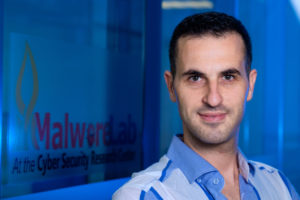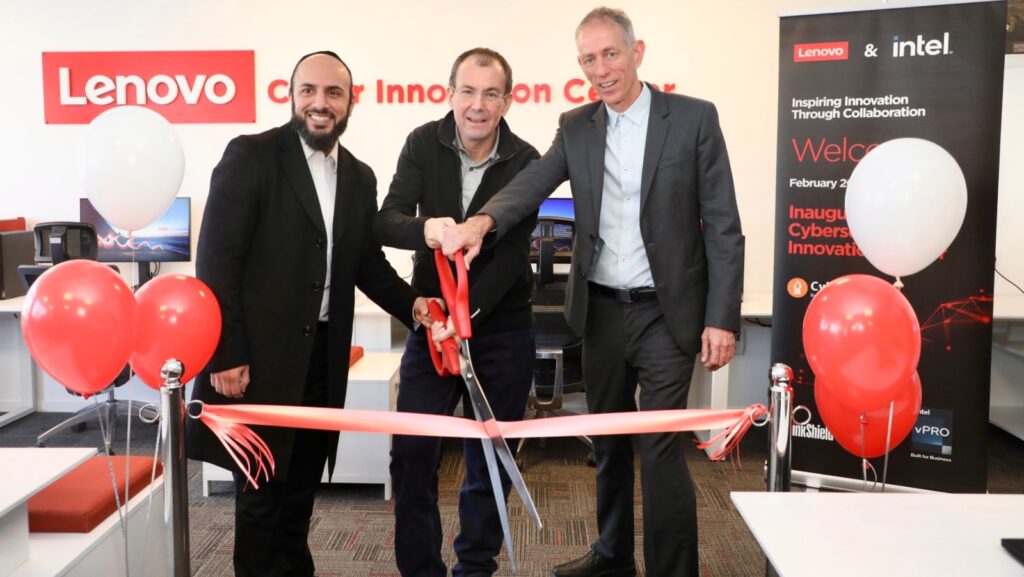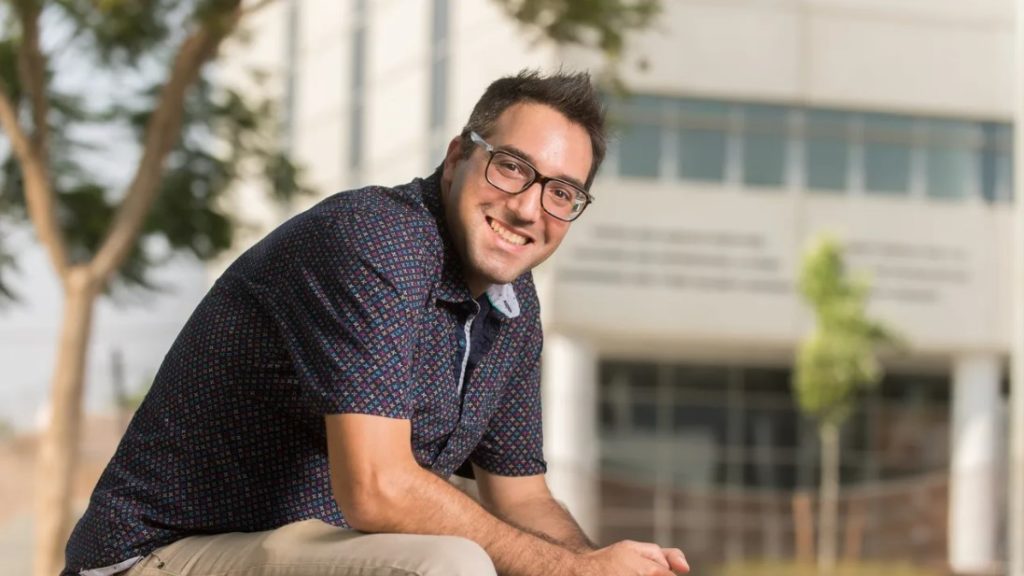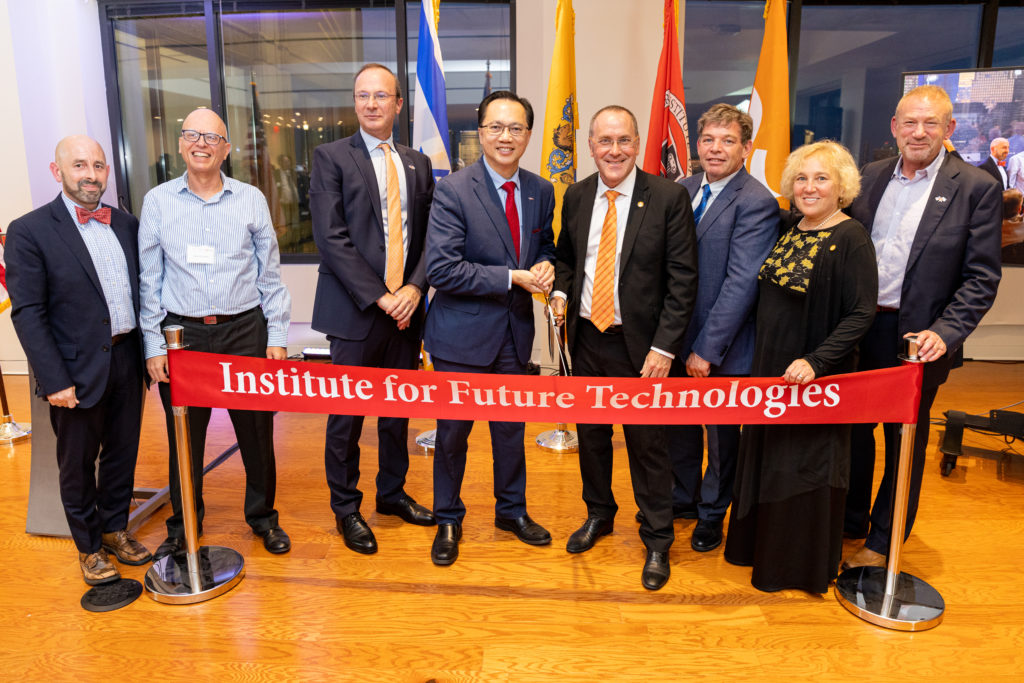
BGU’s Cyber Warrior
April 1, 2019
Dr. Nir Nissim assumed a fellowship at Stanford University to collaborate on medical device security. The following article was published in the April 2019 issue of San Francisco’s Gentry magazine.
Gentry – We’ve all cringed at those annual surveys showing that the most commonly used computer password is “123456.” (“Password” invariably comes in a close second.) Little wonder, then, that in our increasingly interconnected age, preventing unauthorized user access to sensitive electronic data and information has never been more important.
Esteemed Israeli scientist Dr. Nir Nissim is a would-be hacker’s worst nightmare. Nissim heads the David and Janet Polak Family Malware Lab at Israel’s Ben-Gurion University of the Negev.
The Malware Lab, which he established in 2015, is the brains behind Email-Sec-360, a highly regarded new method to detect unknown and malicious emails.
The 34-year-old Nissim holds some three university degrees with honors, and is a sought-after speaker at international conferences. He recently relocated from Israel’s high-tech capital of Beer-Sheva—known as the country’s “Silicon Wadi”—to its Californian equivalent to establish collaborative research with the neurobiology team at Stanford.
As for what enticed him to the Bay Area, Nissim tells Gentry, “Stanford is renowned as one of the world’s leading medical research centers. As a data scientist and cyber security researcher whose major goal is to make people’s lives more secure amid ongoing digital and technological advancements, I see the University’s researchers as excellent strategic partners with which to collaborate.”
Nissim’s wide areas of expertise include machine learning solutions, mobile technology and data mining. Currently, his main research centers on securing digital medical devices. While this topic typically receives less attention from the popular press than does online election interference or cryptocurrency criminality, its potential scope is enormous. The medical device industry is an approximately $100 billion business that quite literally saves lives with cutting-edge patient monitoring equipment, laparoscopic robots and defibrillator machines.
Despite this, Nissim notes that, “Little research has been conducted to protect these devices from cyberattacks, since most of the development and engineering efforts are aimed at the devices’ core medical functionality, the contribution to patients’ healthcare, and the business aspects of the device. My research focuses on a thorough risk analysis of the vulnerabilities associated with medical devices and the development of a comprehensive detection framework, based on complex algorithms which rely on a critical attack repository that we are creating.”
Thanks to the trailblazing work Nissim is doing—both in Israel and in San Francisco—the future safety and security of cyberspace is clearly in excellent hands.




